If artists and poets are unhappy, it is after all because happiness does not interest them
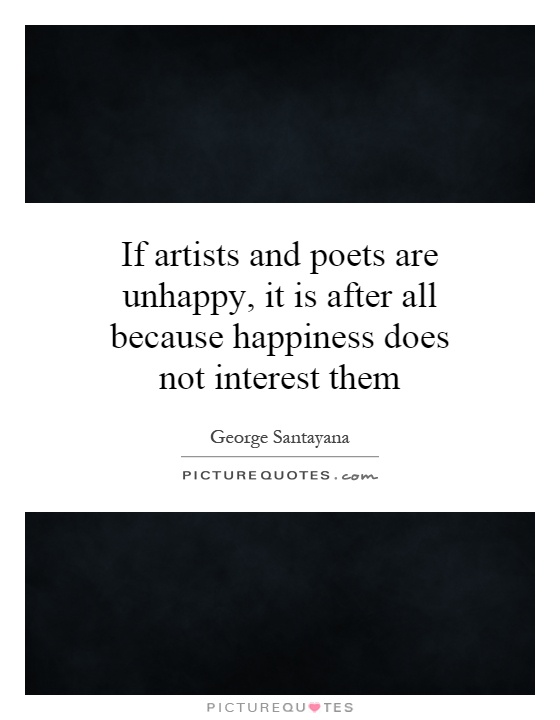
If artists and poets are unhappy, it is after all because happiness does not interest them
George Santayana, a renowned philosopher and poet, once said, "If artists and poets are unhappy, it is after all because happiness does not interest them." This statement sheds light on the complex relationship between creativity and emotional well-being. Santayana suggests that artists and poets are driven by a deeper, more profound pursuit than mere happiness. They are motivated by a desire to explore the depths of human experience, to grapple with the complexities of existence, and to express the ineffable truths of the world around them.For many artists and poets, the creative process is a means of grappling with the inherent contradictions and uncertainties of life. It is a way of confronting the darker aspects of human nature, of delving into the complexities of love, loss, and longing. Happiness, with its simplicity and transience, may seem trivial in comparison to the profound depths of emotion and experience that artists and poets seek to capture in their work.
Furthermore, the pursuit of happiness may be seen as antithetical to the creative process itself. Creativity often thrives on tension, on conflict, on the struggle to make sense of the world. Happiness, with its sense of contentment and complacency, may stifle the creative impulse, preventing artists and poets from delving into the depths of their own psyches and the world around them.
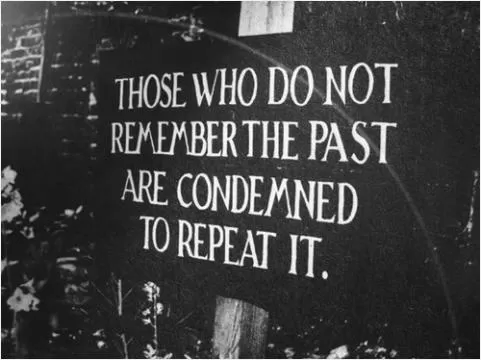

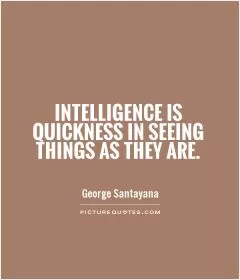
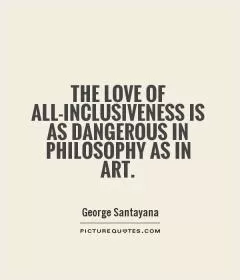
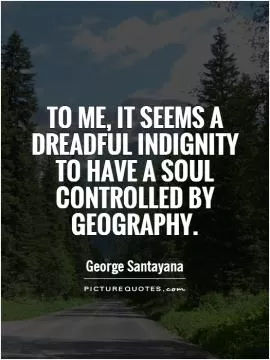


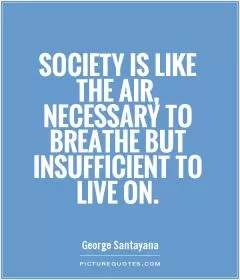

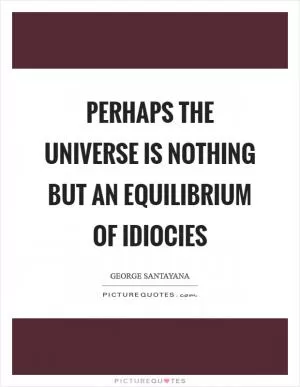

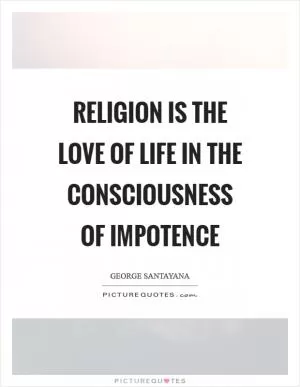
 Friendship Quotes
Friendship Quotes Love Quotes
Love Quotes Life Quotes
Life Quotes Funny Quotes
Funny Quotes Motivational Quotes
Motivational Quotes Inspirational Quotes
Inspirational Quotes